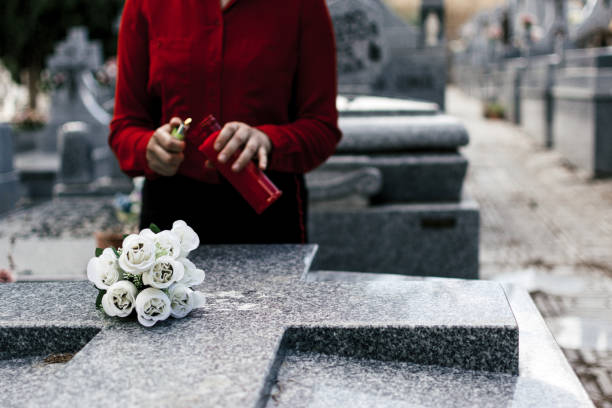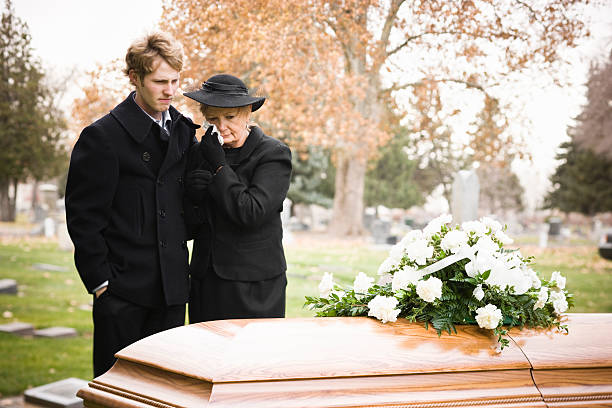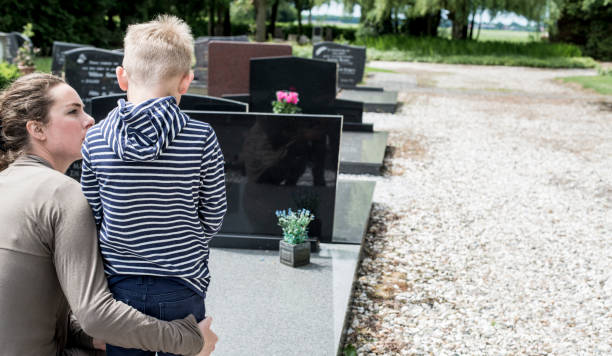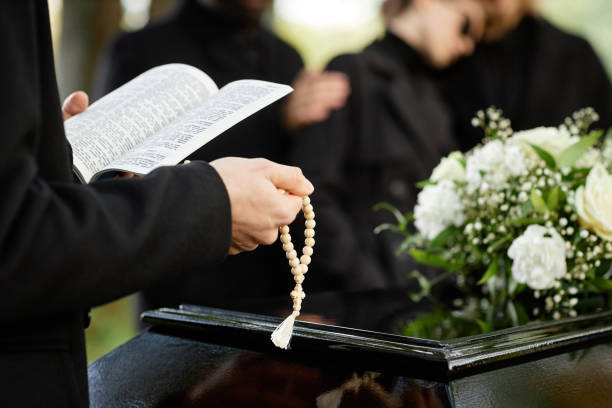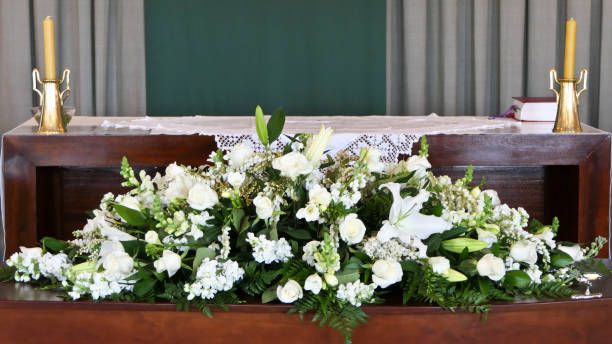Finding Support Groups After a Loss: A Path to Healing
Finding Support Groups After a Loss: A Path to Healing
Experiencing a loss, whether it's the passing of a loved one, the end of a relationship, or any other significant life change, can feel overwhelming. Support groups can be a beacon of hope and comfort in these challenging times. They provide a safe space to share feelings, learn from others, and begin healing. But how do you find the right support group for you?
Why Consider a Support Group?
When you're grieving, it can sometimes feel like no one understands what you're going through. Friends and family might offer their condolences, but they may not truly grasp the depth of your pain. In a support group, everyone has faced a similar loss. Listening and sharing your own story can be incredibly validating and comforting.
Where to Start Looking
Finding a support group might seem daunting, but many resources are available to help you. Here are some steps to get you started:
- Online Searches: A quick Google search can reveal a wealth of support groups in your area. Use specific terms related to your loss, like "grief support groups" or "bereavement groups."
- Community Centers and Churches: Many community centers, churches, and religious organizations host support groups. These groups are often open to everyone, regardless of religious affiliation.
- Hospitals and Clinics: Healthcare facilities frequently offer support groups, especially for those dealing with the loss of a loved one due to illness. Check with local hospitals or your healthcare provider for recommendations.
- Nonprofit Organizations: There are numerous nonprofits dedicated to supporting those in grief. Organizations like GriefShare, The Compassionate Friends, and local hospices can be excellent resources.
What to Expect
Walking into your first support group meeting might feel intimidating, but remember that everyone there is in the same boat. Typically, these meetings involve open discussions where members can share their experiences, feelings, and coping strategies. Some groups have guest speakers or focus on particular topics each week.
It's important to note that finding the right support group can take time. You may need to visit a few different groups before you find the one that feels right for you. Don't be discouraged if the first one isn't a perfect fit—keep trying.
Deciding to seek out a grief support group is a brave step toward healing. It shows that you recognize the importance of connecting with others and are open to finding ways to cope with your loss. Remember, you don't have to go through this alone. There are people out there who understand and want to help. Reach out, share your story, and let the healing begin.
If you need funeral home services or grief support resources, contact us today at Gamez & Sons. We can help you move forward toward healing during your challenging time.
